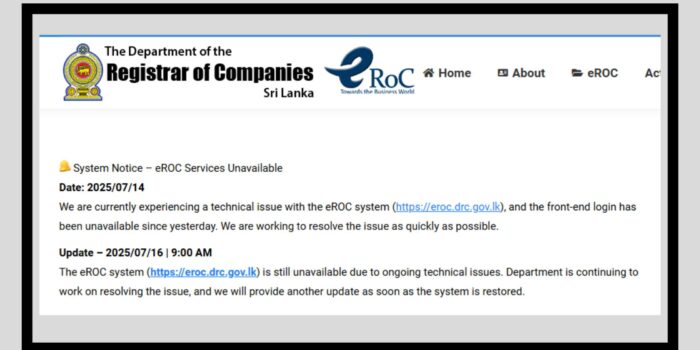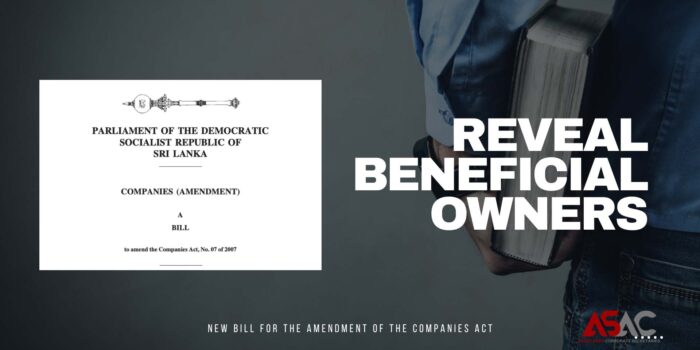Extraordinary General Meetings (EGMs) are critical tools for shareholders to address urgent matters that cannot wait until the next Annual General Meeting (AGM). Section 134 of the Companies Act No. 07 of 2007 empowers shareholders to requisition an EGM under specific conditions. This article explains the legal framework, practical steps, and answers common questions about requisitioning an EGM.
Section 134 Explained – Subsections in Detail
Section 134(1): Right to Requisition
Shareholders holding not less than 10% of the voting rights can request the Board to convene an EGM to consider and determine an issue.
Section 134(2): Form of Requisition
The requisition must state the purpose of the meeting, be signed by the requisitioning shareholders, and be deposited at the registered office of the company.
Section 134(3): Board’s Obligation
The Board must convene the meeting within 15 working days of receiving the requisition and hold it within 30 working days from the date of deposit.
Section 134(4): If the Board Fails
Shareholders may convene the meeting themselves within 3 months of the requisition. The company must reimburse reasonable expenses incurred by shareholders in convening the meeting.
Section 134(5): Procedure
Any meeting convened under this section must follow the same procedure as meetings convened by the Board.
How do I send a request to the Board to call an EGM?
Prepare a written requisition stating the purpose of the meeting. Sign the requisition (wet signature recommended for authenticity). Deposit it at the registered office of the company.
Is a physical wet signature mandatory?
Yes, under Section 134(2), the requisition must be signed. While electronic submissions are common, best practice is to provide a physical signed copy at the registered office to avoid disputes.
What if the Board does not act upon my request?
If the Board fails to convene the meeting within 15 working days, shareholders can call the meeting themselves within 3 months. The company must reimburse reasonable expenses incurred by shareholders.
Practical Advice
For Shareholders:
Ensure your requisition is clear, signed, and properly delivered. Keep proof of delivery (registered post or hand delivery acknowledgment).
For Directors:
Act promptly to avoid legal complications and shareholder disputes. Convene the meeting within statutory timelines.
For Company Secretaries:
Verify requisition validity. Advise the Board on compliance and timelines. Prepare notices and proxy forms in accordance with the Act.
Conclusion
Section 134 safeguards shareholder rights while ensuring procedural fairness. Compliance with statutory requirements is essential to avoid invalid requisitions and potential litigation. Always seek professional advice when in doubt.
Complete EGM Compliance Toolkit – Sri Lanka Companies Act Section 134




